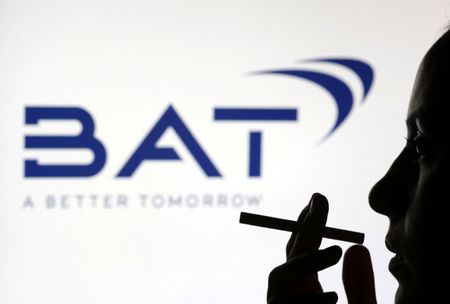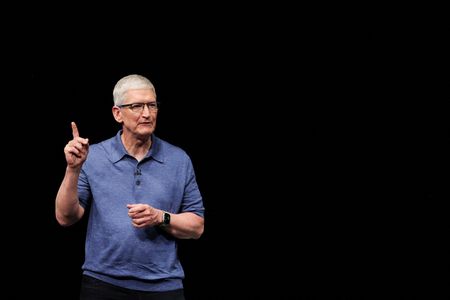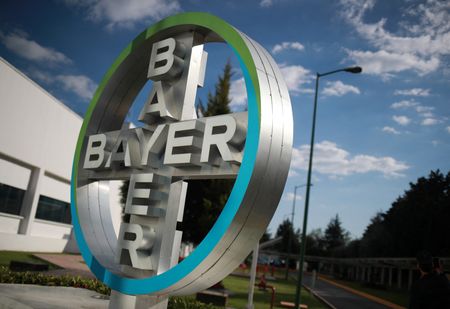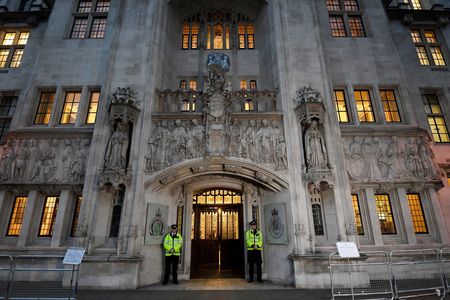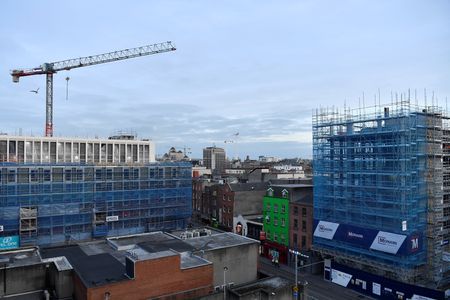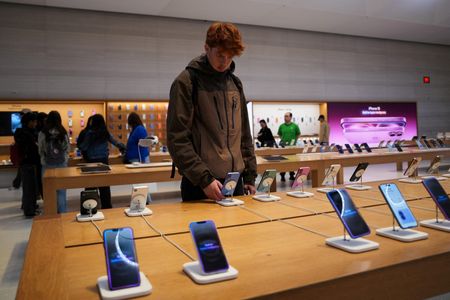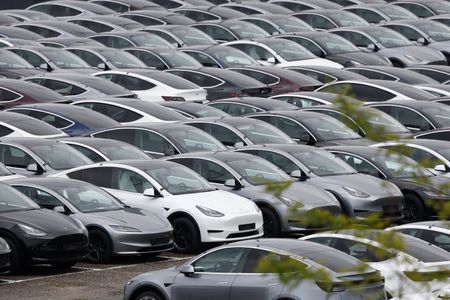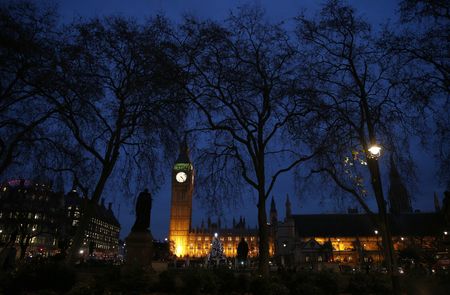(Reuters) -British American Tobacco exceeded first-half profit estimates on Thursday as its U.S. business grew for the first time in three years, a potential turnaround in its largest market as new U.S. tariffs are introduced and consumer preferences shift.
While most of BAT’s products sold in the U.S. are produced locally, its Vuse vape devices are made in Indonesia, now subject to a 19% tariff.
CEO Tadeu Marroco said on a media call that BAT had front-loaded some stock to mitigate this in the short-term, but would look to absorb most of the tariff via its profit margin, with U.S.-produced liquids being a bigger part of its business.
Still, it did not make financial sense for BAT to relocate to the U.S. currently due to higher U.S. tariffs, he told Reuters in an interview, especially as trade in unregulated disposable vapes, mainly from China, still weighed on its sales.
BATS said it expects annual revenue growth to come in at the top end of its forecast range.
Its shares were up 2% in late morning trading.
The maker of Lucky Strike and Dunhill cigarettes said revenue in the U.S., which makes up about 44% of total sales, grew 3.7% at constant currency, with Velo, its nicotine pouches, helping sales of its new category products grow 3.9%.
BAT and peers such as Philip Morris, Imperial Brands, and Altria are trying to capture a bigger share of the vapes, tobacco heating product and oral nicotine pouches market as sales drop in traditional tobacco products.
BAT said its Velo Plus nicotine pouches were close to becoming the No.2 brand in the category in terms of value in the United States.
BAT would also be exposed to higher costs from tariffs via items such as packaging material, Marroco said, though the impact of this was “manageable.”
Efforts to crack down on unregulated vapes had driven a 40% reduction in vape-related shipments to the U.S., but this was not yet affecting sales, he said.
It reported adjusted diluted earnings of 162 pence per share for the six months to June 30, compared with 159.4 pence a year ago, and a company-compiled consensus estimate of 154.8 pence.
(Reporting by Emma Rumney in London and Shashwat Awasthi in Bengaluru; Editing by Mrigank Dhaniwala and Bernadette Baum)

